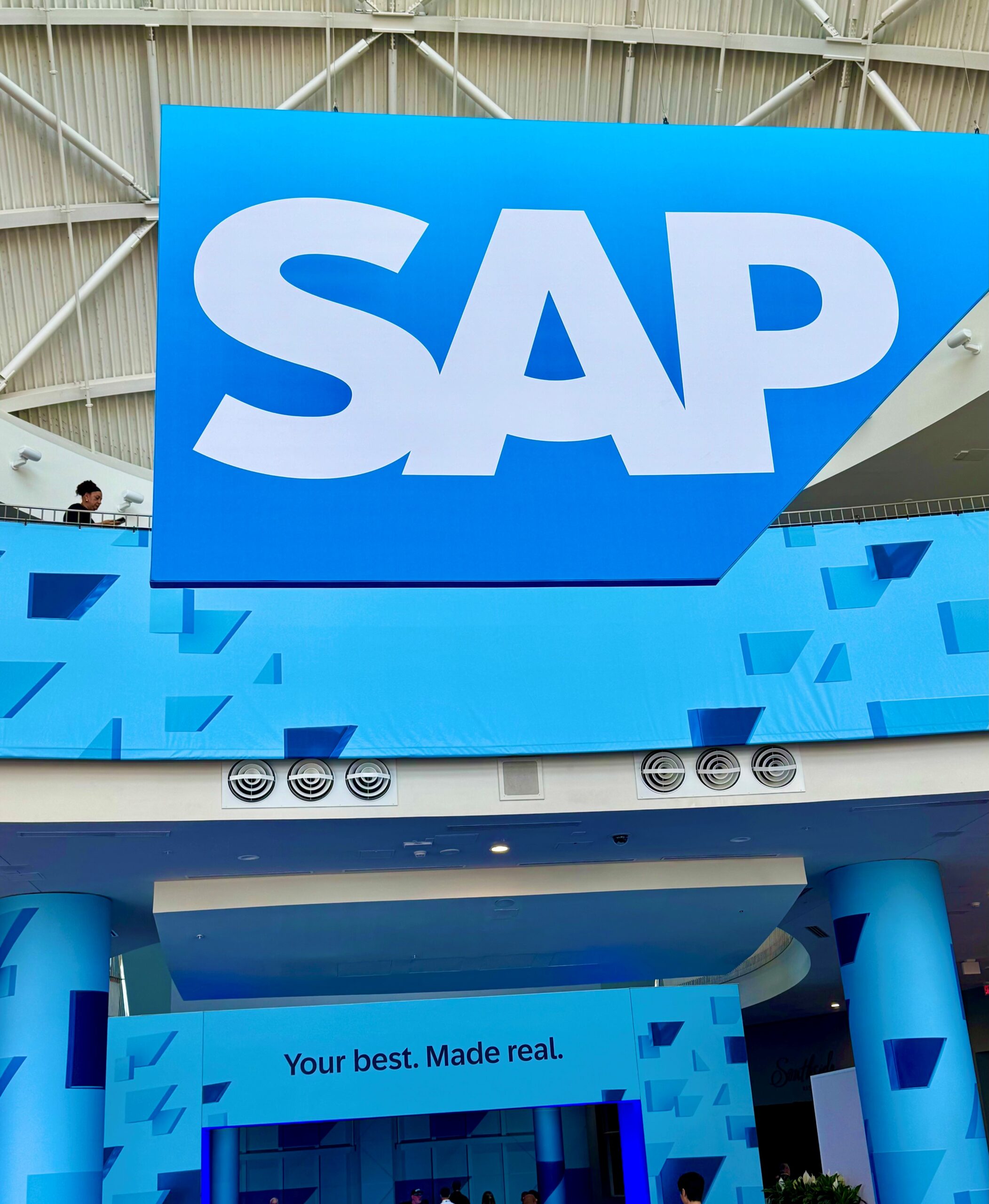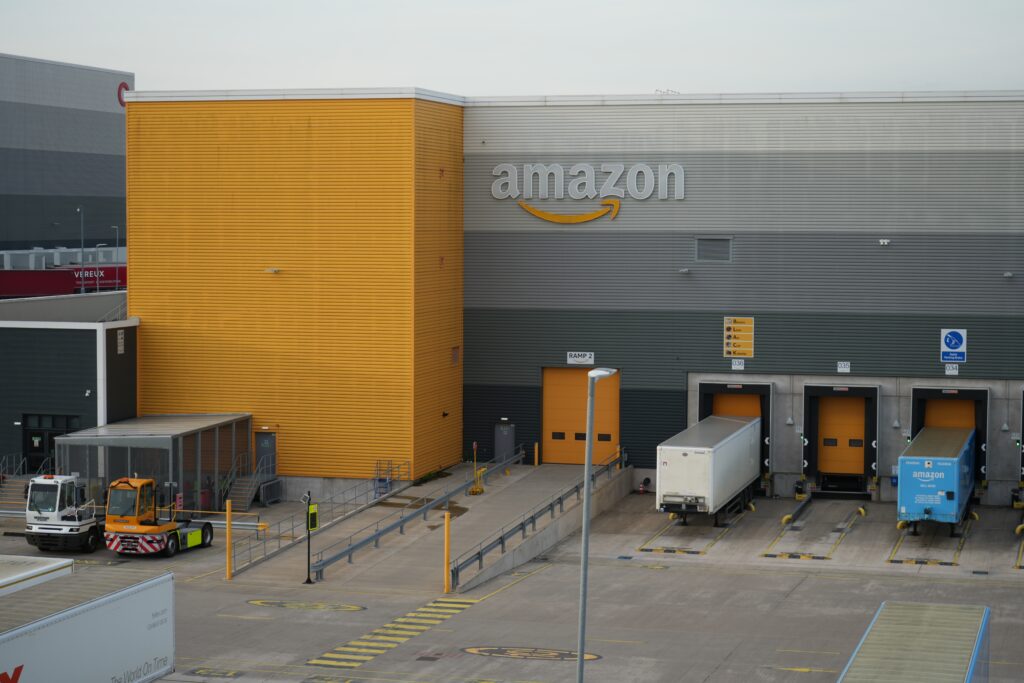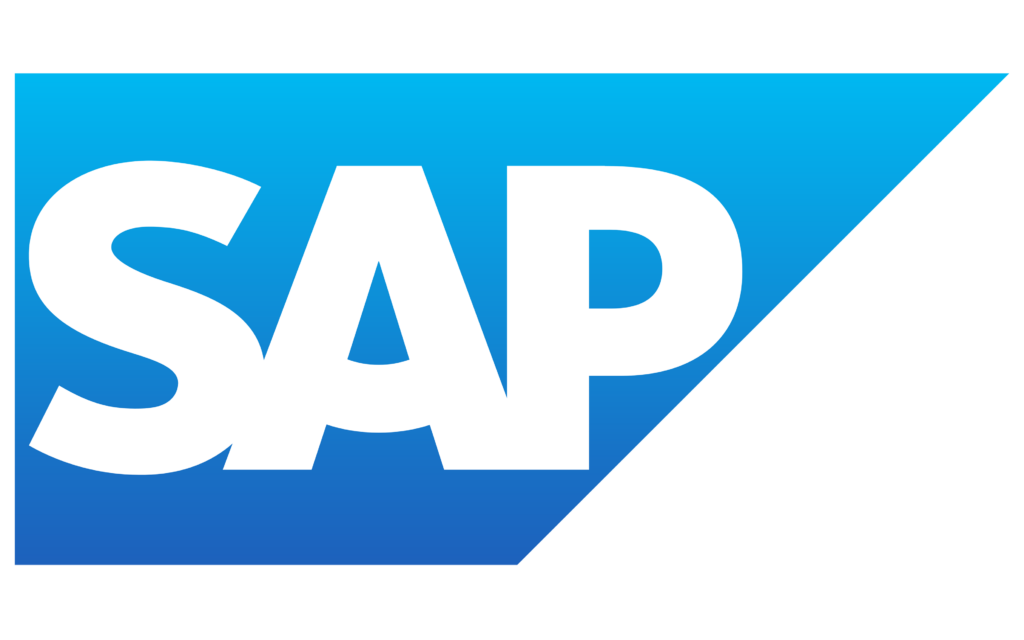Nestlé has been using SAP as a central platform for managing its global business processes for more than two decades. The upgrade to SAP S/4HANA Cloud Private Edition is the next step. The company has already implemented this ERP solution in more than 110 countries. Further locations in Europe and the Americas will follow in the coming months.
The first migration involved more than 50,000 employees and was completed in less than 20 hours. By using a standardized technology platform, the migration could be carried out during business operations with virtually no downtime.
One goal Nestlé is pursuing with the migration to SAP S/4HANA Cloud Private Edition is greater agility. The company wants to be able to adapt flexibly to changing consumer needs and to make the most of new technologies for business success.
AI, Automation, Advantage of Private Cloud
At Nestlé, the SAP solution serves as a “digital core.” This enables the use of AI and automation along the entire value chain. With the support of SAP’s AI assistant, Joule Copilot, Nestlé professionals can, for example, personalize interactions with consumers, such as within the framework of omnichannel strategies.
Processes can also be made more efficient. Joule agents, for example, autonomously execute tasks and collaborate across multi-stage workflows in all business areas, including supply chain, procurement, and finance. According to SAP, AI copilots like Joule reduce the time required for complex workflows by up to 75%.
Another advantage of this edition of SAP S/4HANA is that users like Nestlé have access to a separate, flexible cloud infrastructure at SAP or another cloud hyperscaler. The provider is responsible for operation and maintenance. Users can customize the software to their own requirements to a greater extent than in a public cloud, even modifying the source code. This helps companies that have a large number of complex, individual processes.
What This Means for ERP Insiders
Nestlé’s global S/4HANA rollout underscores the strategic value of standardized cloud architectures for ERP modernization. The company’s ability to migrate 50,000 users in under 20 hours with minimal disruption signals to ERP vendors and system integrators that scalable and harmonized platforms are becoming essential for accelerating multi-country deployments while reducing operational risk.
Integrating AI copilots and autonomous workflow agents illustrates how digital-core architectures are shifting ERP toward intelligent execution engines. Nestlé’s use of Joule to personalize consumer engagement and compress workflow time by up to 75% demonstrates clear innovation pathways for product strategy, supply-chain optimization, and enterprise automation roadmaps across industries.
Private-edition cloud ERP is emerging as a critical model for enterprises balancing innovation with deep customization requirements. Nestlé’s ability to leverage flexible infrastructure, provider-managed operations, and even source-code extensibility highlights opportunities for transformation leaders who must modernize highly tailored processes. They also must do this without sacrificing governance, architectural control or integration fidelity across complex global environments.





